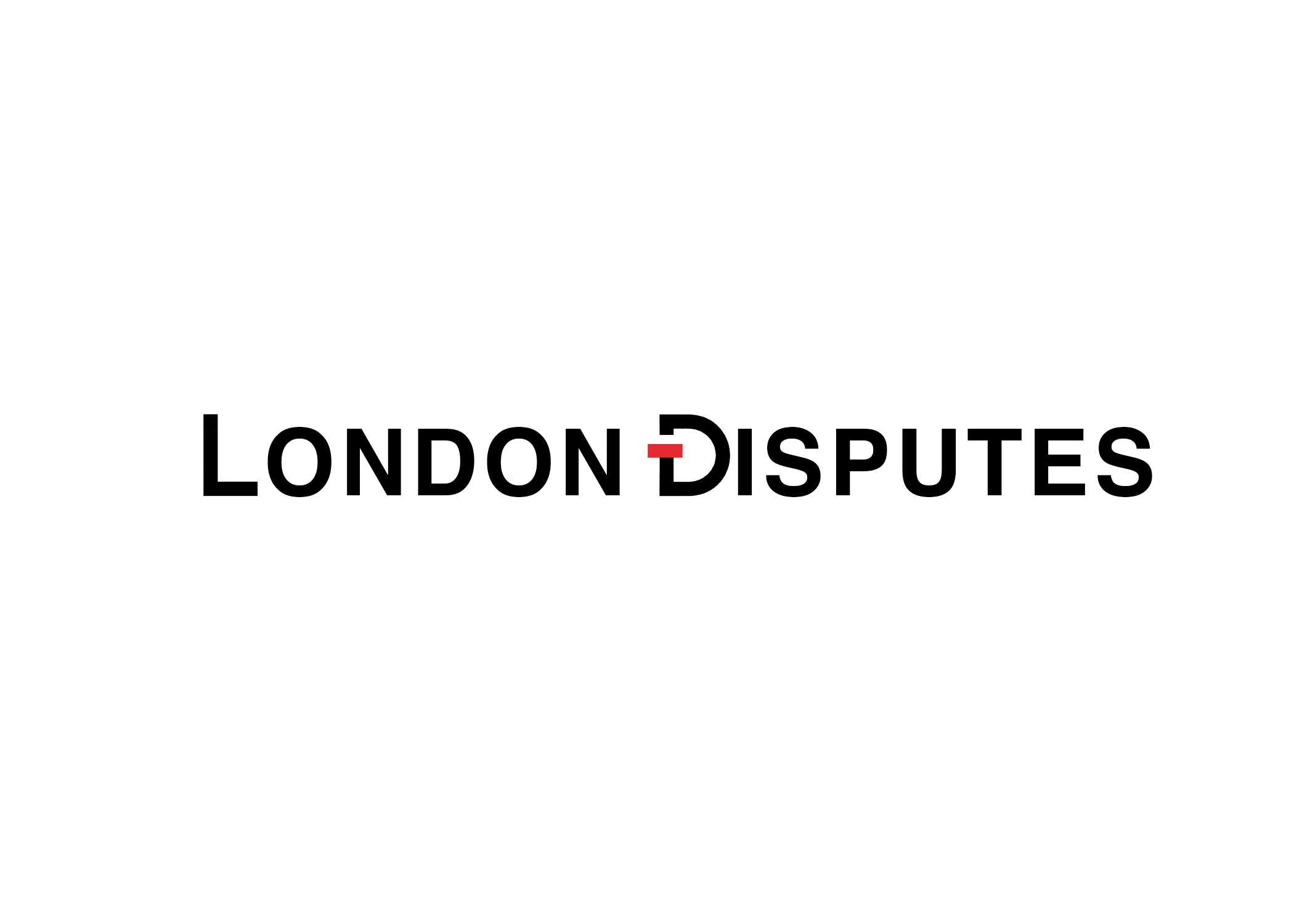Weekly Roundup

Arbitration
The biggest news of the week comes directly from the European Commission which called for a “coordinated withdrawal” of EU member states from the Energy Charter Treaty. The Global Arbitration Review helpfully summarised:
In a major policy U-turn, the European Commission has proposed a “coordinated withdrawal” of EU member states from the controversial Energy Charter Treaty after failing to muster enough support for a “modernised” version of the agreement.
[…]
The Commission spokesperson told Euronews, “Despite the Commission’s successful efforts to negotiate a modernised Energy Charter Treaty in line with the negotiating mandate given to us by the member states, there is no qualified majority in the Council to adopt the modernised Treaty.”
Controversy over the ECT has been heightened thanks to recent claims by German energy companies challenging Dutch climate change legislation. Another high-profile case saw UK oil and gas company Rockhopper Exploration win more than €190 million against Italy over a ban on offshore drilling.
Without a doubt, there will be many articles to follow on what this means for the future of the ECT and prospects for its modernisation.
English Law
Law360 (login required) reports that the kingdom of Bahrain cannot avoid suit by asserting state immunity for alleged use of malware against journalists where the journalists allege “psychiatric injuries:”
Judge Julian Knowles concluded at the High Court that the damages lawsuit brought by journalist Saeed Shehabi and photographer Moosa Mohammed against Bahrain can continue because they suffered psychiatric injury in the U.K. The claim brought by the pro-democracy activists fell within an exemption of the State Immunity Act 1978, the judge found.
Tech+AI
In an action by self-proclaimed Bitcoin creator Craig Wright against open-source group BTC Core, the High Court ruled there was no serious issue to be tried concerning Wright’s claim for infringement of copyright over the Bitcoin File Format:
The Claimants may consider themselves unlucky to have had their application for leave to serve out come before a Judge with at least some understanding of the technology involved here. However, since I identified the issue and have given the Claimants numerous opportunities to address it, I am unable to take what might be termed the ‘easy’ option and allow this claim to literary copyright to proceed. If, as I have found, there is no serious issue to be tried, I see no reason why any of the Defendants should be burdened with this particular claim.
Law360 has published an in-depth Expert Analysis piece on the US Patent and Trademark Office Examiner System—the system which defines the incentives for examiners assigned to review patent applications:
Because the pathway from patent application to granted patent depends heavily on the actions and judgments of the examiner assigned to the application, a patent applicant is well advised to consider the examiner’s perspective and the incentives imposed by the U.S. Patent and Trademark Office through the examiner production system, also referred to as the count system.
Legal Innovation
Law.com raises an important issue with the use of modern collaboration platforms and the consequences for custodian-based ediscovery requests:
In fact, Suzanne Clark, mass torts discovery counsel at Beasley Allen Law Firm, suggested that the concept of a custodian might not be as relevant as it used to be and that legal professionals shouldn’t rely on custodians as much to start their e-discovery protocols.
“I don’t want to identify relevant sources of information by a person,” Clark noted, adding that identifying custodians should come later on in e-discovery. “We shouldn’t default to custodians anymore, we should talk.”
Notable Decisions
In Sheehabi and Mohammed v Kingdom of Bahrain [2023] EWHC 89 (KB), the High Court denied state immunity to Bahrain in a suit for damages for personal injury in the form of psychiatric injury which the Claimants say they suffered as a result of the infection of their laptop computers with spyware by the Defendant, which enabled it to conduct surreptitious surveillance on them.




